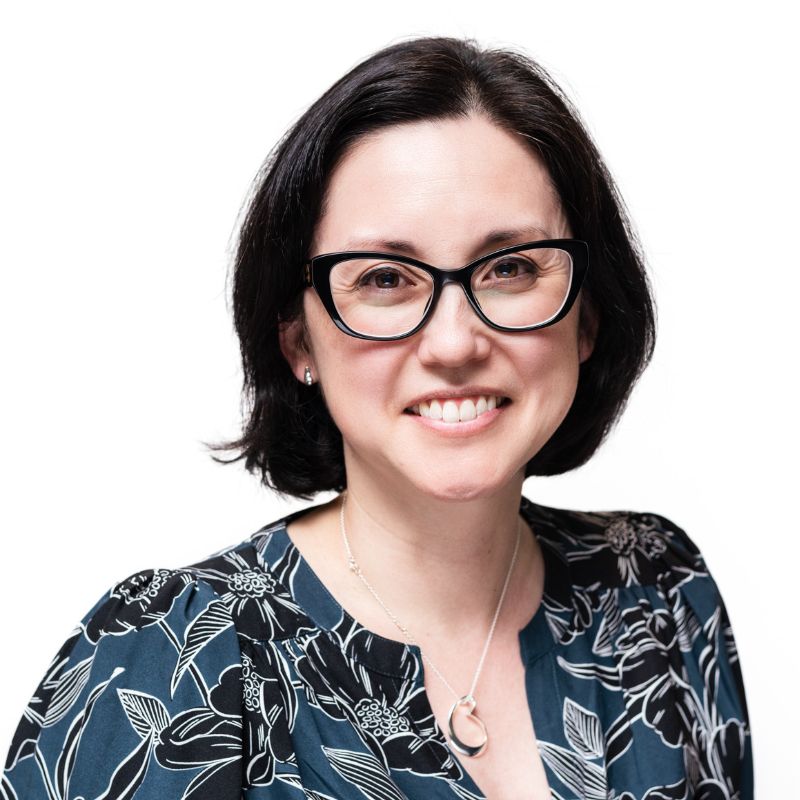Understanding Cancer: Awareness, Prevention, and Hope
 |
July is Cancer Awareness Month, a time dedicated to increasing understanding and awareness of cancer, the leading cause of death in Australia.
Each year, over 150,000 Australians are diagnosed with various forms of cancer. To shed light on the complexities of cancer and its treatment, we spoke with A/Prof Venessa Chin, an accomplished medical oncologist at St Vincent's Clinic, to answer some fundamental questions.
|
Describe the types of therapies available to patients with cancer and how they work
- Chemotherapy – these are medicines which target rapidly dividing cells and kill cancer cells. They are usually given via a drip, although some can be given as tablets.
- Targeted therapy – these are used in cancers which have specific genetic mutations which can be “blocked”. Normally these are tablet based
- Hormone therapy – for cancers which rely on our body’s hormones for their growth, blocking hormone production or binding can be used. These are injections or tablets
- Immunotherapy - these are antibody treatments given via a drip and stimulate our immune system to fight cancer cells
How effective are these therapies in treating cancer?
The effectiveness of these therapies depends on the type of cancer and the individual circumstances. For instance, hormonal therapies are ineffective against lung cancer, but immunotherapy has shown promising results.
Are there any new therapies on the horizon or combination of therapies that gives cancer sufferers hope of a ‘cure’?
Extensive research is being conducted to harness the power of the immune system to combat cancer. Immunotherapy has been incredibly successful in some cancer types, but more work needs to be done. Taking a patient’s own immune cells and altering them specifically to fight cancer is a new treatment concept now in clinical trials
What type of research have you been involved in?
At The Garvan Institute of Medical Research, I focus on lung and head and neck cancers. My research primarily delves into understanding cancer at the cellular level—how it originates, spreads, and responds to treatments.
Can you elaborate on the competitiveness of accessing various funding for cancer research.
Securing funding for cancer research is incredibly challenging, leading to significant uncertainty in the scientific community. The lack of stable, long-term funding hinders the planning and execution of innovative research. Consequently, I spend a substantial portion of my time applying for research grants.
Where do you see cancer diagnosis and treatments evolving in the future?
When I began treating lung cancer, it was a devastating diagnosis with limited treatment options. Today, I have patients who have been under my care for eight years, maintaining good cancer control and an excellent quality of life. For these individuals, cancer has become more of a chronic health condition. While challenges remain, treatment options are continuously improving.
In the future, I foresee advancements in early cancer diagnosis and comprehensive curative therapies, reducing the prevalence of incurable cancers. Additionally, I anticipate the development of personalised treatment plans tailored to each patient’s unique characteristics, optimising effectiveness while minimising toxicity.
A/Prof Venessa Chin is a Medical Oncologist at St Vincent's Clinic and works at the Kinghorn Cancer Centre specialising in targeted immunotherapy, focusing on lung and head and neck cancers. She tailors treatments to the unique biology and needs of each patient, working within a multidisciplinary team to provide high-quality, coordinated care. She earned a PhD in translational genomics for pancreatic cancer at the Garvan Institute of Medical Research. Dr. Chin's ongoing research in cellular genomics aims to identify individual markers in lung cancer patients, enhancing the effectiveness of immunotherapy treatments. A/Prof Chin was recently featured in the SBS doco-series 'The Hospital: In the Deep End' episode 2 Public vs Private.